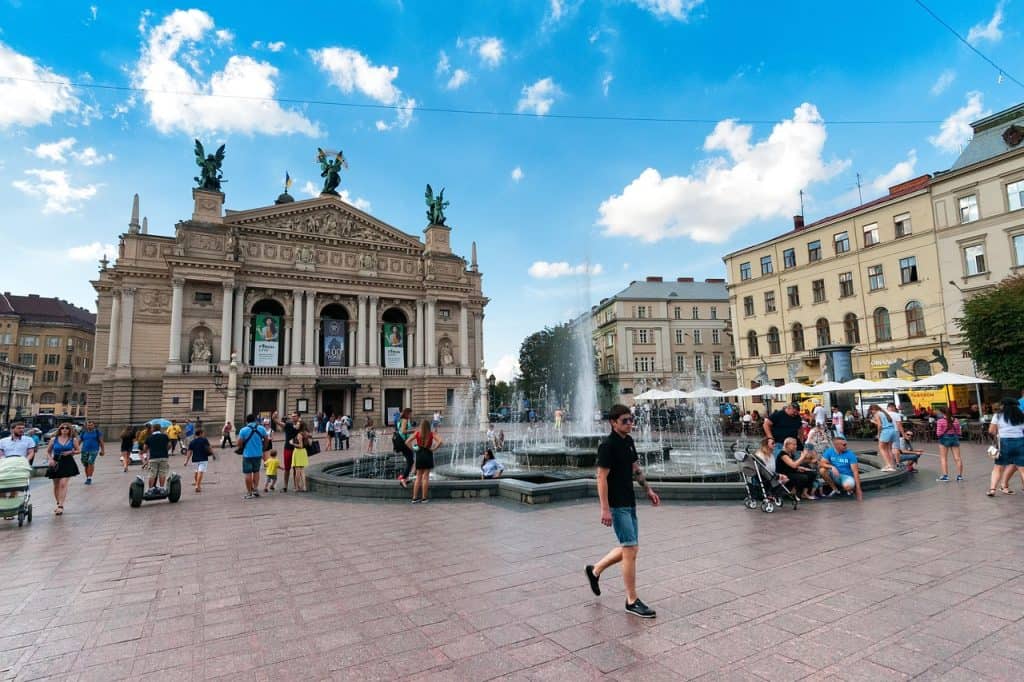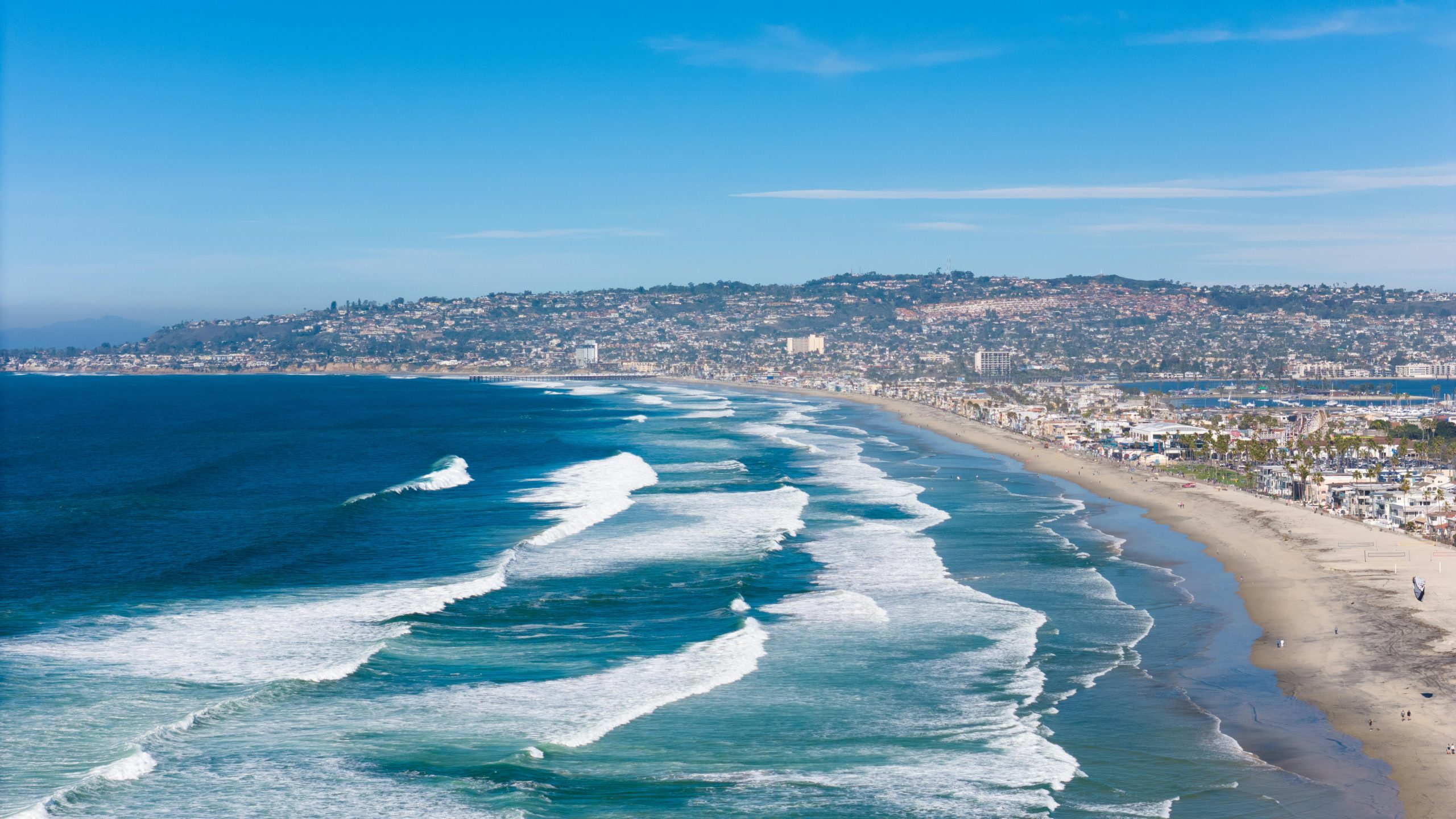I was in Tokyo for literally just two days in June 2017 while on a Navy deployment. We were stationed in Yokosuka, Japan and took the train to Tokyo for a quick visit. Obviously way too short to really experience the city properly, but I got a solid taste of what Tokyo’s all about.
It gets pretty hot in the summer, but man, what a city. This is a pure tier-zero metropolis – the biggest metropolitan area in the world by population with close to 40 million people. That’s insane scale that somehow actually works perfectly.
What Tokyo Actually Is
Tokyo is endless – millions and millions of Japanese people everywhere. It’s a very homogeneous society, and when I was there in 2017 there weren’t many foreigners. The scale includes cities like Yokohama and Kawasaki – it’s just a massive metropolis that’s absolutely mind-blowing.
The Japanese people are genuinely impressive – they have this distinct, polished look and dress incredibly well. Appearance matters a lot to them, and they have this cool, unique style. Everyone dresses really well with this distinctive Japanese fashion sense.
They’re like an exceptionally advanced civilization – a highly refined society that’s 10 years ahead of the West. It just feels like a high-end, sophisticated culture that has figured out how to do urban living better than anywhere else.
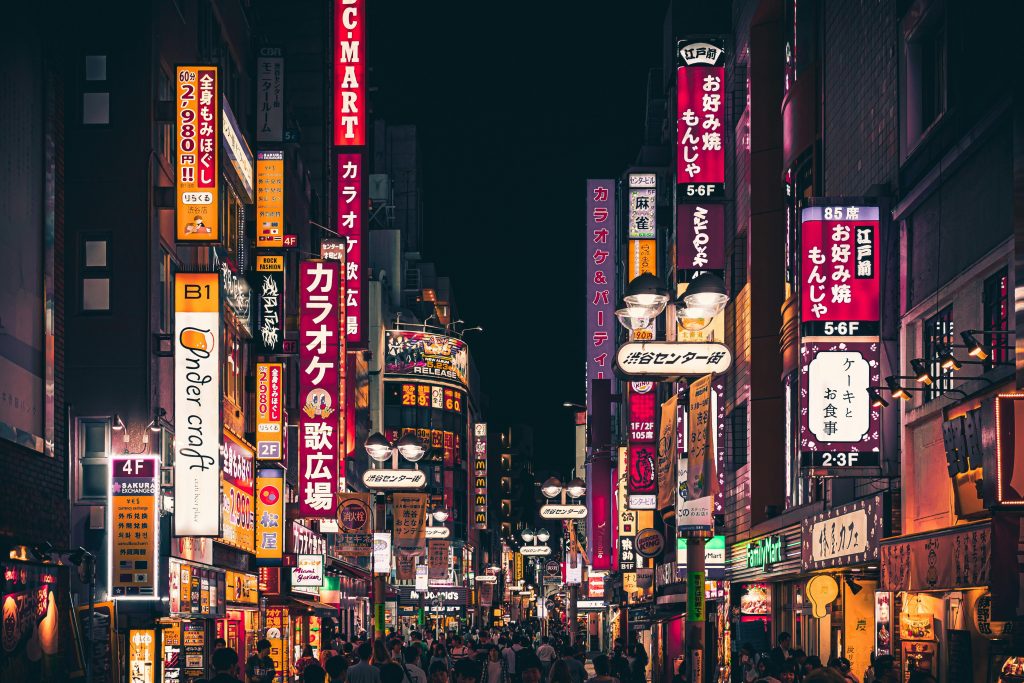
The History That Created This Mega-Metropolis
From Edo to Global Powerhouse
- Edo period origins: Originally called Edo, served as Tokugawa shogunate seat from 1603-1868
- Meiji Restoration: Renamed Tokyo (“Eastern Capital”) in 1868, became imperial capital
- Post-WWII reconstruction: Rebuilt with cutting-edge technology and efficiency
- Economic bubble era: 1980s investments created the ultra-modern, high-tech Tokyo of today
- Cultural evolution: Unique blend of ultra-modern technology and preserved traditional culture
This history explains why Tokyo feels so advanced – they rebuilt everything with cutting-edge technology and efficiency after the war, creating something genuinely futuristic.
Architecture and Urban Design: Future City
The Greater Tokyo Area includes dozens of cities and special wards, creating this endless urban landscape that somehow maintains perfect organization.
Different Districts with Distinct Personalities
- Ginza: Big city business and luxury shopping district
- Shibuya: Major area with famous crossing and incredible energy
- Shinjuku: Business district with skyscrapers and entertainment
- Harajuku: Fashion and youth culture epicenter
- Roppongi: International nightlife district
Ultra-efficient transport connects everything – the train system is incredibly complex but amazingly efficient. Everything runs on time to the minute, and it’s all spotlessly clean and perfectly organized.
The scale is just insane – you can travel for hours and still be in the metropolitan area, but it all flows together seamlessly.
People and Japanese Excellence
Everything about Japan is executed at the highest level – the products are excellent, the food is amazing, the service is perfect. They don’t mess around in Japan; everything is done with incredible attention to detail.
What Makes Japanese Culture Special
- Appearance culture: Everyone has this polished, stylish appearance that’s distinctly Japanese
- Efficiency mindset: Everything designed for maximum efficiency and minimal waste
- Social harmony: Everyone follows rules, respects others, contributes to collective good
- Quality standards: Incredibly high standards for everything from food to products
- Cultural sophistication: They’ve genuinely figured out how to do civilization at an advanced level
It’s like visiting a society that has perfected the art of living together in massive numbers while maintaining incredible quality of life.
Food Scene: World’s Best Cuisine
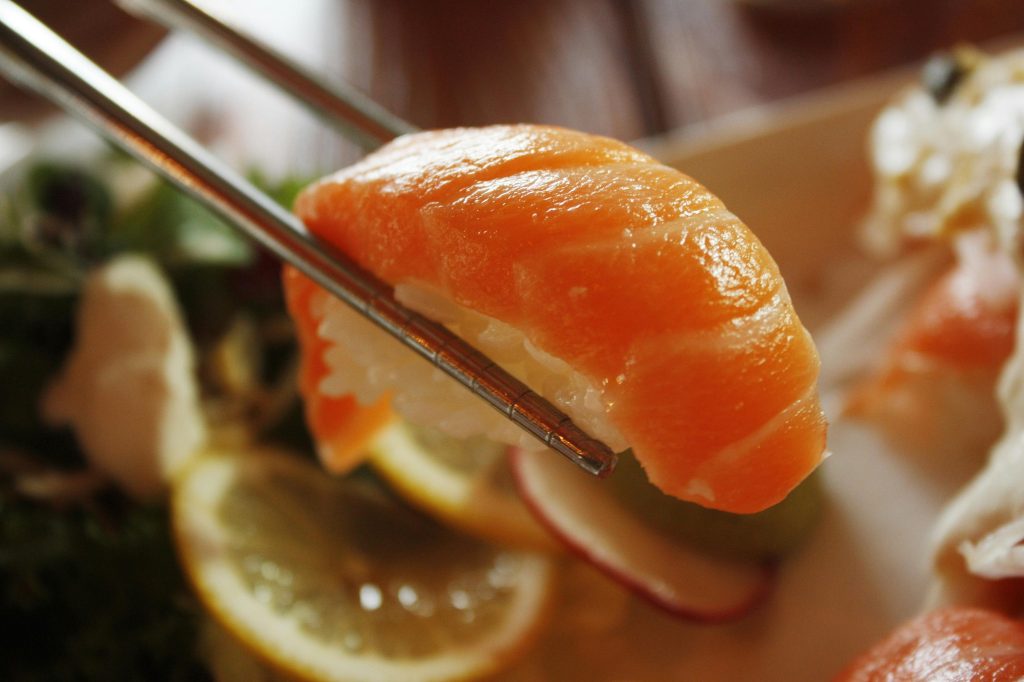
The food in Japan is absolutely amazing – I genuinely think it’s the best food in the world. They take food seriously and execute everything perfectly.
Japanese Food Excellence
- Sushi: Obviously incredible, fresh fish prepared by masters
- Yakiniku: Japanese barbecue that’s absolutely delicious
- Ramen: Complex, rich broths with perfect noodles
- Everything else: Every type of Japanese food executed at the highest level
Their approach to food is just on another level – incredible attention to detail and quality in every aspect of preparation and presentation. Even casual places have high standards that would be considered fine dining elsewhere.
Transportation: Engineering Marvel
The train system is genuinely one of humanity’s greatest achievements. Incredibly complex but amazingly efficient rail network connecting all parts of the metropolitan area.
Everything runs exactly on schedule with no delays or inefficiency. Stations are spotless and well-organized, everything clearly marked. The complexity can be intimidating, but it actually works perfectly once you figure it out.
It’s like experiencing what transportation could be if it was designed from scratch with perfect efficiency in mind.
Cost Reality: Premium Experience
Japan uses the yen and everything is expensive, especially compared to other Asian countries.
Daily Costs
- Accommodation: €80-200/night
- Food: €30-60/day (but worth it for the quality)
- Transport: €10-20/day
- Total daily budget: €120-280
You get what you pay for – everything is high quality and perfectly executed. The value proposition is that you’re experiencing the highest standards of urban civilization.
Language and Communication
There’s not much English spoken, but they kind of know how to deal with foreigners. Restaurants often have English menus or picture menus since they know tourists can’t read Japanese.
When they see you’re not Japanese, they know you won’t speak the language and they figure out ways to help you. The service culture means they’ll try to help you figure things out even without shared language.
Translation technology has probably made this much easier since my 2017 visit.
Nightlife Reality: Mixed Experience
It was hard to find normal nightlife that felt accessible to foreigners. The international nightlife district (Roppongi) had some issues – there were aggressive street touts trying to get us into clubs that seemed weird and potentially scammy.
The clubs they were promoting felt like tourist traps rather than legitimate nightlife. This was definitely a negative aspect – the street harassment in what’s supposed to be the international area.
Japanese nightlife culture is very different from Western expectations, and the language barrier makes it challenging to navigate authentically.
Tourist Attractions: Incredible Variety
Traditional Culture
- Senso-ji Temple: Historic Buddhist temple in Asakusa
- Imperial Palace: Grounds of the Japanese emperor
- Traditional gardens: Beautiful landscaped gardens throughout the city
- Shrines: Numerous Shinto shrines integrated into urban landscape
Modern Attractions
- Tokyo Skytree: Massive tower with incredible city views
- Shibuya Crossing: Famous pedestrian crossing experience
- Robot restaurants: Weird futuristic entertainment
- Gaming centers: Multi-story arcade complexes
Shopping Districts
- Ginza: Luxury shopping and department stores
- Harajuku: Youth fashion and pop culture
- Akihabara: Electronics and anime culture
The variety and quality of attractions is incredible – you could spend months and not see everything. Each district offers completely different experiences within the same massive city.
Digital Nomad Assessment
Pros:
- World-class internet and technology infrastructure
- Extremely safe and clean environment
- Incredible efficiency and quality of life
- Unique cultural experience
- Amazing food and services
Cons:
- Very expensive for typical nomad budgets
- Significant language barrier
- Complex visa requirements for longer stays
- Intense work culture different from Western remote work
- Cultural adaptation requirements
Digital Nomad Rating: 6.5/10
Better as a short-term experience rather than long-term nomad base for most people, but incredible infrastructure and quality of life for those who can afford it.
Safety and Quality of Life: World-Class
Tokyo represents the pinnacle of urban safety and organization:
- Extremely safe: One of the safest major cities in the world, virtually no crime
- Spotlessly clean: No litter or graffiti anywhere
- Perfect efficiency: Everything works flawlessly – trains, services, infrastructure
- Social order: Everyone follows rules and respects social norms
- Quality standards: Incredibly high standards for everything
The quality of life factors are genuinely among the best in the world – it’s like seeing what’s possible when urban planning is executed perfectly.
Cultural Tips for Success
- Respect culture: Japanese culture emphasizes respect, politeness, and following social rules
- Bowing etiquette: Learn basic bowing for greetings and thanks
- Quiet public behavior: Don’t talk loudly on trains or in public spaces
- Shoe removal: Many places require removing shoes, be prepared
- No tipping: Don’t tip – it’s not part of Japanese culture and can be insulting
- Group harmony: Avoid behavior that disrupts social harmony
Who Should Visit Tokyo
Absolutely Everyone
I think everyone should visit Tokyo at least once. It’s an incredible experience that shows you what’s possible in terms of urban civilization.
Perfect For:
- People interested in advanced civilization and culture
- Food enthusiasts who want the world’s best cuisine
- Technology and efficiency admirers
- Cultural experience seekers
- Anyone wanting to see what the future looks like
Consider Challenges:
- Language barrier for non-Japanese speakers
- High costs for budget travelers
- Cultural adaptation requirements
- Intense urban environment
Tokyo vs. Other World Cities
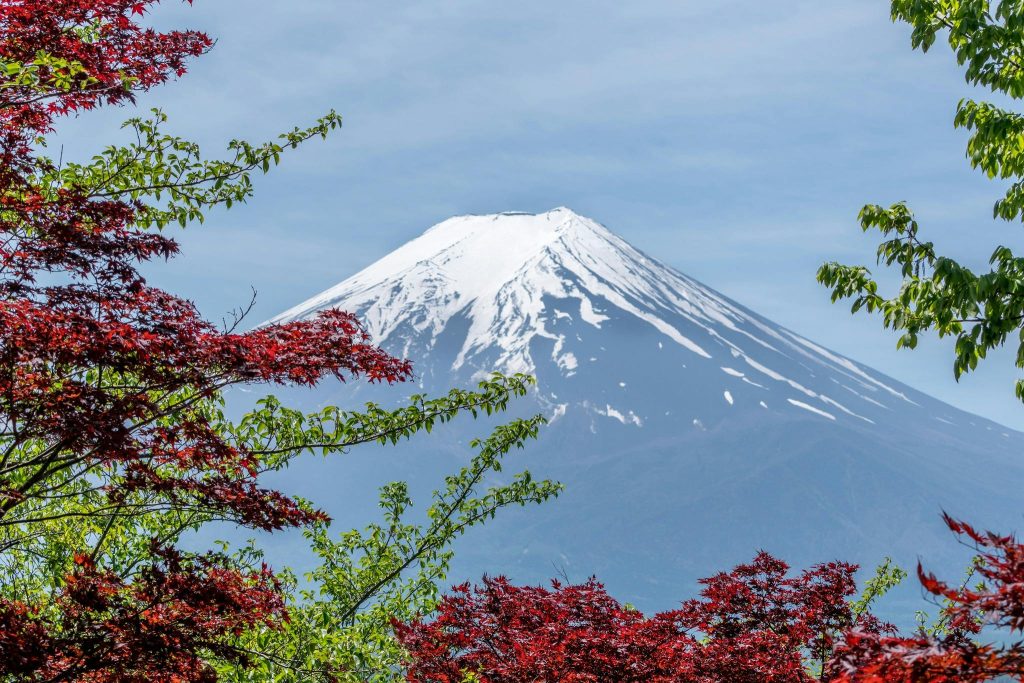
Versus New York: Tokyo is cleaner, more efficient, better food, but less international
Versus London: Tokyo is more advanced and organized, London more culturally accessible
Versus Seoul: Similar Asian efficiency but Tokyo feels more advanced and refined
Versus Singapore: Both very clean and organized, but Tokyo has more scale and culture
Tokyo is in a tier of its own as a mega-metropolis that actually works perfectly at massive scale.
My Honest Bottom Line
Overall Rating: 9/10
Tokyo is absolutely incredible – one of the most impressive cities I’ve ever experienced, even in just two days. The Japanese people are amazing, the food is the best in the world, everything is clean and efficient, and it genuinely feels like you’re visiting the future.
What’s incredible: The scale, efficiency, cleanliness, food quality, cultural sophistication, technological advancement, and the fact that 40 million people can live together in harmony.
Minor negatives: The sketchy street touts in Roppongi, language barriers, and high costs.
The Advanced Civilization Factor
Japanese people really do seem like they’ve figured out how to do civilization better than everyone else. They’re genuinely 10 years ahead of the West in terms of efficiency, quality, and social organization.
Food Excellence Alone
The food alone makes Tokyo worth visiting – every meal is executed at the highest level. It’s a completely different standard than anywhere else.
The Two-Day Reality
Two days wasn’t nearly enough – I barely scratched the surface, but what I saw was mind-blowing. This is one of those cities that every person should experience at least once in their life.
Tokyo represents the pinnacle of human urban civilization. It’s expensive and challenging for foreigners, but the experience of seeing how a truly advanced society functions is invaluable.
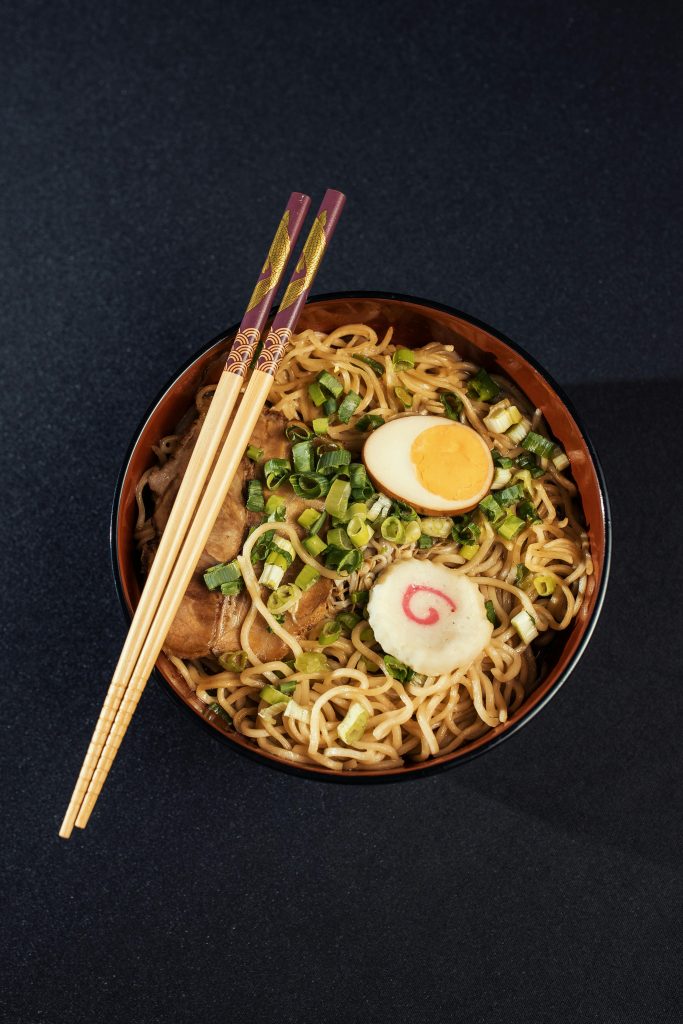
Final Verdict
Absolutely incredible city that everyone should visit. The Japanese have created something special that needs to be experienced to be believed. It’s like seeing 10 years into the future of what cities could become with perfect planning and execution.
Just watch out for the street touts in Roppongi, and prepare for the culture shock of experiencing true urban efficiency.
This is what happens when an entire society commits to doing everything at the highest possible level – you get Tokyo.
Have you experienced Tokyo’s incredible efficiency and cultural sophistication? Did the scale and organization blow your mind the way it did mine? What’s your take on cities that feel like they’re from the future? Share your Tokyo experiences in the comments!

